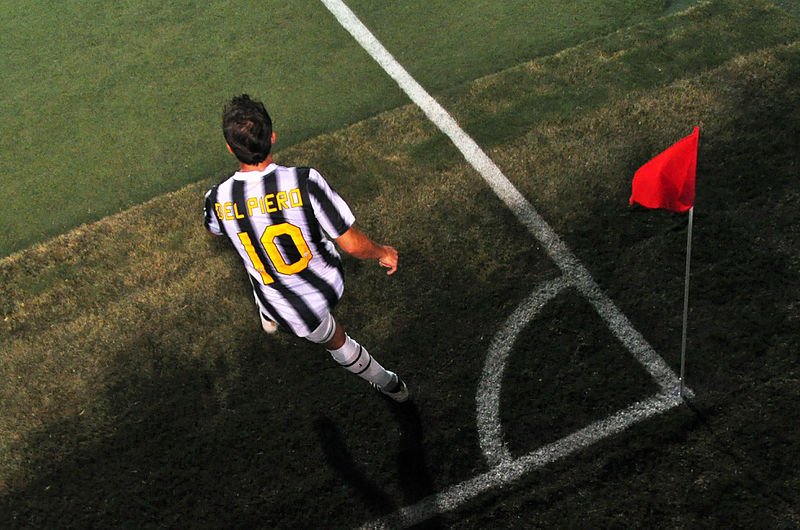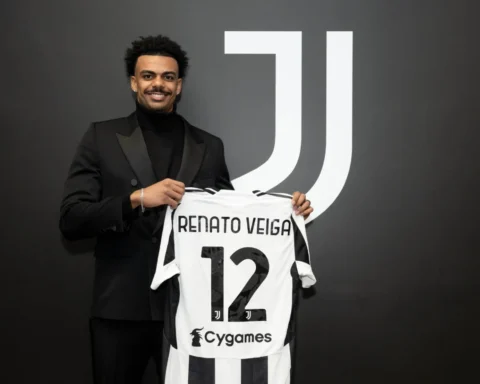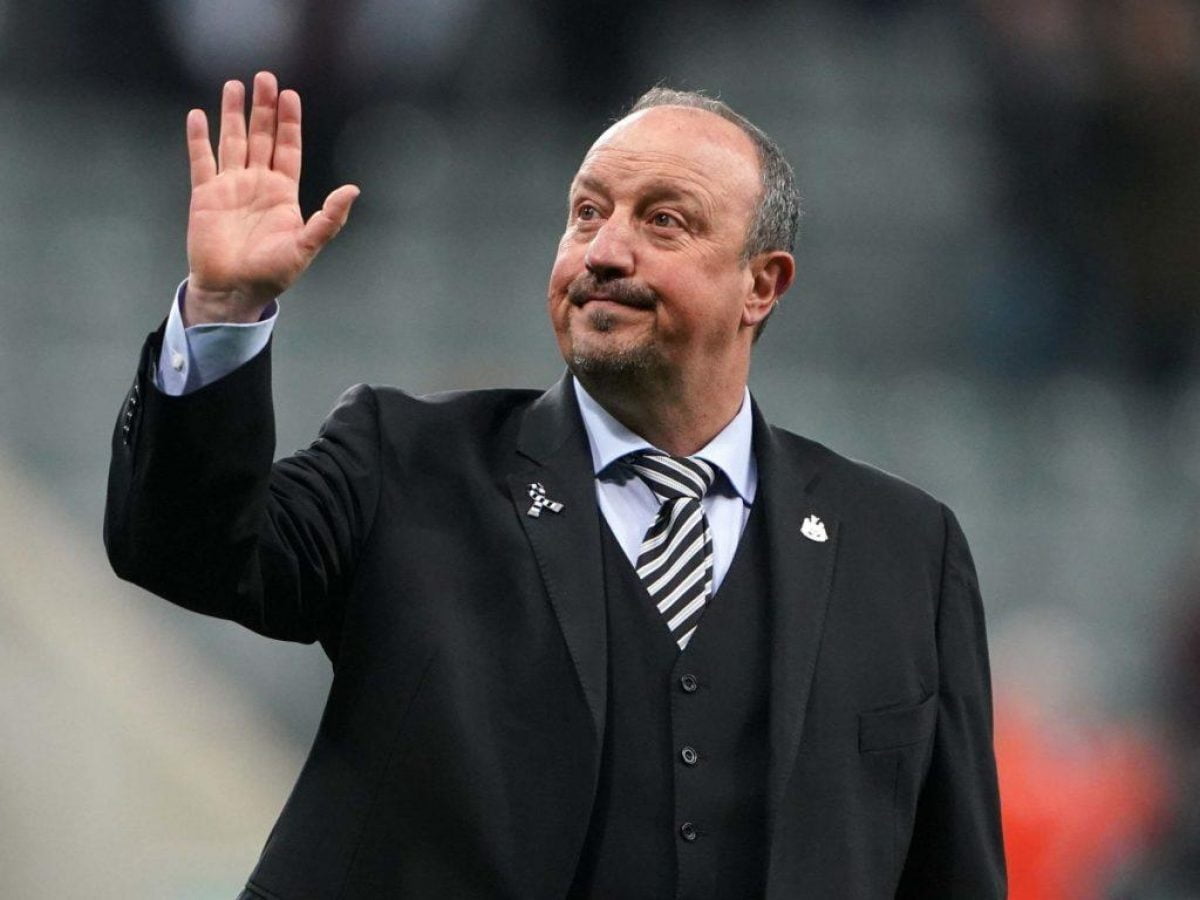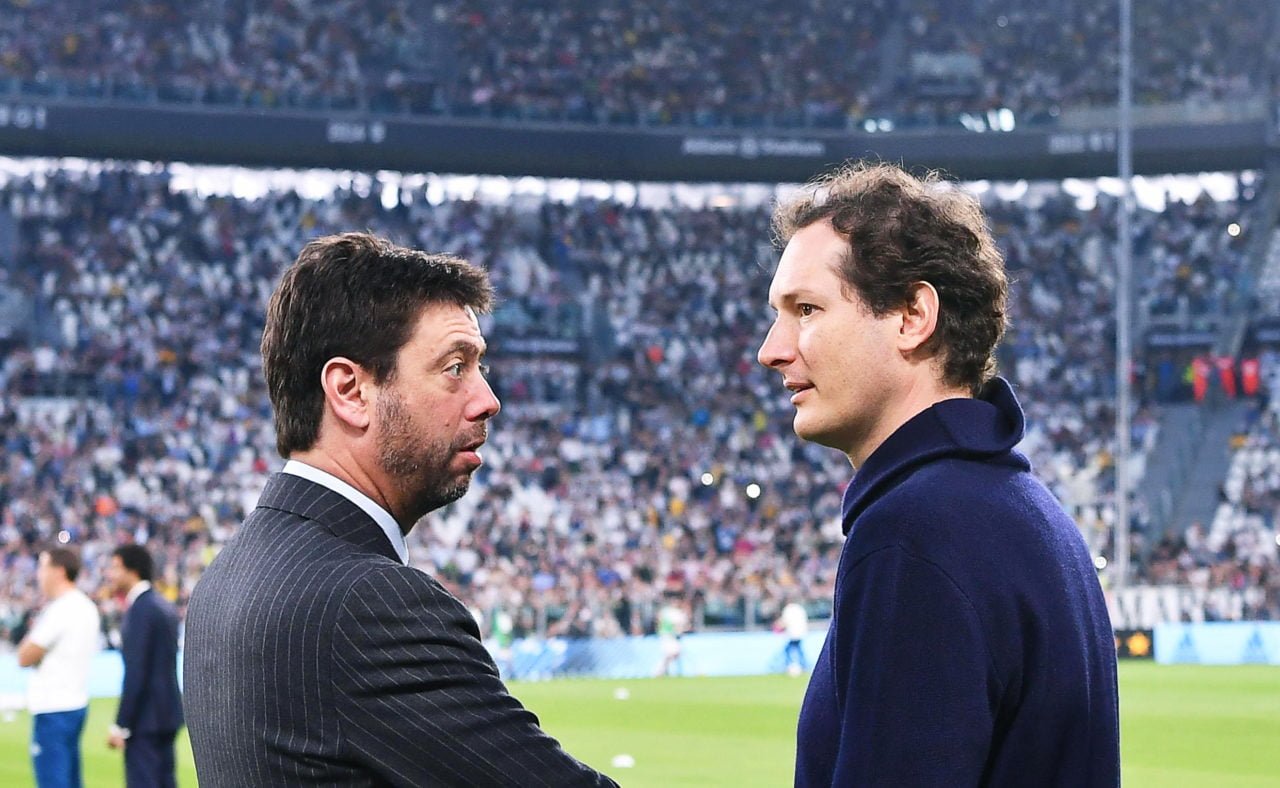Juventus legend Alessandro Del Piero spoke with Il Corriere della Sera about the decline of the ‘number 10′ in modern football. The former Bianconeri captain played in Turin for almost the entirety of his career, primarily in the ’10’ role, a position that has changed a lot since the 90’s:
Alessandro Del Piero said of the number ten years ago: ‘It is the number worn by the most talented, those who combine imagination and genius, dribbling and vision of the game. The ten is a way of conceiving football”.
“I’m not changing my mind: it embodies genius, unpredictability, the ability to show things that others don’t even think are possible or imaginable. It is often said that number tens are misunderstood. It is true, because they do not fit into the rules. The footballing history of the number ten tells of a role whose interpreters had the possibility, compared to other players, to take care of their own game more, they were less harassed by tactical duties. They ensured flair, imagination, the ability to solve situations or matches, but in return they enjoyed freedom. Then football began to change, right around my time. The ten began to be asked to be like the others, to take on the tactical demands, to be harnessed in a mechanism that had to be perfect.”
Even football has gone from fantasy to algorithm….
“It went from leaving them quiet to express their creativity to asking them to run like a four, like an eight. This choice contained, however, a paradox. However, the ten is asked to do everything like the others, but then to invent decisive solutions. He is asked to shoot free kicks, to attempt a backheel. Things for which you have to be sharp, fresh and free, in the head and lungs. The ten, in history, has always struggled to run. It was his characteristic: less mileage, more imagination. Now physicality dominates, even if the last World Cup was won by the old style football, the one in which the team, Argentina, was dedicated to its number ten, allowed him to take the breaks he wanted to better exploit his brilliance and imagination’.
Zola, in his interview, told me that it was with Sacchi that the number ten began to fade…
“Sacchi changed football, his way of understanding it became a reference. His number ten was Ruud Gullit, a friend of mine, who, don’t hold it against me, has a thousand talents but the main ones were not in the technical or fantasy sphere. He had other specialities. In that Milan team he was perfect. Sacchi demanded a lot. In that team it was Donadoni, a player who was too underrated, who ensured, in addition to quantity, a superlative quality. Zola is right: at that time a different football was born, in which the priority is to run. Running and respecting very important and very strict tactical canons.”
In the football I grew up with there were two ‘thinking’ figures on the pitch, the libero and the number ten: Picchi and Suarez, Moore and Charlton, Maldini and Rivera, Scirea and Platini. Won’t the ten also end up like the libero, in the palio of the dead quarters?
“I don’t want to be definitive. It is difficult to compare seasons, in football as in history. I grew up with that football there, with Scirea and Platini. Scirea was, with Beckenbauer, the player who knew how to set up from defence, went forward, exploited his freedom to build play. Today there is a return to playing man-to-man – Gasperini, Juric, Tudor – but there is a desire for an integral tacticism, to make the team move en masse, synchronised. The goal is to win the ball, to keep the ball. There are also examples to the contrary around. But in general, in modern football, everyone has to be able to do everything. There is no defender, even the goalkeeper, who cannot touch the ball well today.”
So the irregularity of the ‘ten’ tends to disappear? Are we moving towards colder, almost authoritarian football?
“Many new generations of coaches and players grow up in the myth of Guardiola, who applies that philosophy of play. Then he does well, he wins, so in common sense he is right. But in England there are realities that are expressed differently. Klopp has another philosophy, he thinks about football vertically. And he has also won. This makes it difficult to imagine that, even in football, a ‘single thought’ could dominate. I would add: fortunately’.
Platini told me that there are the ten and the nine and a half. The former in Europe and the latter in South American football. Is he right? And where would you place yourself?
“Platini I think would place me among the nine and a half because I have often played the role of second striker, sometimes even the first striker. However, I would be curious to know how Platini considers himself. Because I have seen him several times acting as a striker, looking for the goal, so much so that he was even top scorer in the league. Tardelli, Furino, Bonini helped him a lot…’.
Is there a loneliness of the number ten, on the pitch?
‘Yes, there is always great expectation for the person who wears that jersey. There is also loneliness in the type of plays that are demanded, even in today’s football. From Messi you expect the goal or the assist, not just that he turns the team around. If he only does that, it’s not enough. There is loneliness, a lot of it, in the choice of plays and even in their conception.





